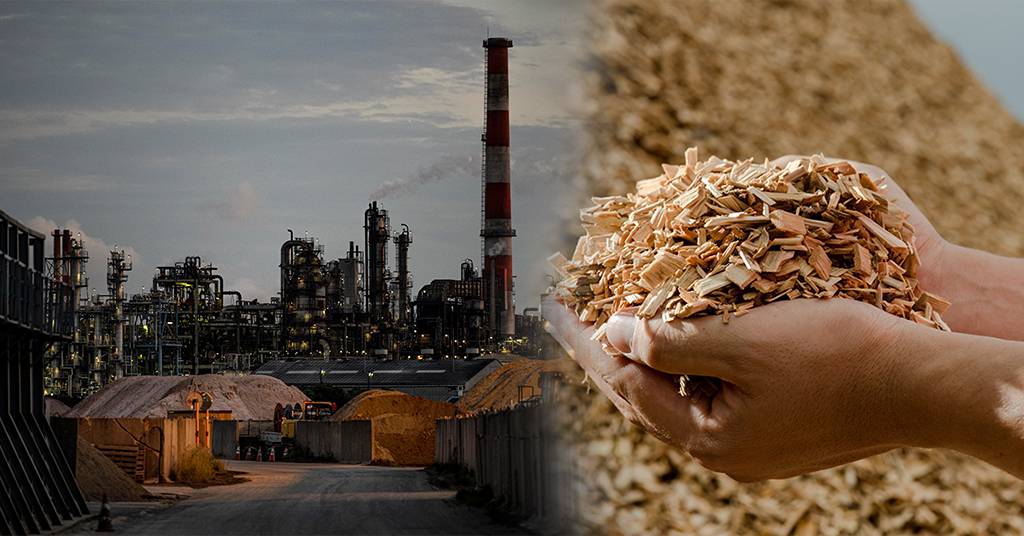Welcome To ChemAnalyst

Copenhagen, Denmark: Maersk, operating in 130 countries, Maersk is an integrated container logistics company. The largest shipping company globally, has accelerated its target of achieving Carbon neutrality from 2050 to 2040 by ten years. To accomplish this goal, the shipping giant has opted for Methanol over LNG as a solution. Following Maersk's order of a Methanol-powered vessel from HD HHI in 2021, the company has ordered a total of 19 vessels. As environmental regulations for ships are being tightened, orders for Methanol-powered ships have been on the rise, signifying the end of LNG's reign as a Carbon-neutral vessel fuel.
In the first half of this year, 60% of new shipbuilding orders will be allocated towards Methanol-powered vessels. This shift in orders follows a trend where LNG carriers had dominated shipments until last year. Further, 93% of container ships ordered in January and February are expected to use Methanol as their primary fuel.
Methanol's biggest advantage over LNG as a fuel is its liquid state at room temperature, making it simpler to handle than LNG, which requires liquefaction at cryogenic temperatures. Unlike LNG-powered vessels, Methanol-powered ones do not necessitate cold storage tanks or processing facilities, resulting in lower costs and easier maintenance. Methanol is also biodegradable in case of a spill, reducing concerns over marine pollution. Additionally, Methanol is not subject to environmental regulations due to the absence of Nitrogen oxides or Sulphur. Compared to gasoline, the risk of flammability associated with Methanol is lower. Furthermore, Methanol offers increased energy security as it can be produced from various domestic Carbon-based feedstocks, including biomass, natural gas, and coal.
Another noteworthy point is that Methanol-only engines have already been commercialized, indicating the fuel's reliability and availability for shipping companies.
While Methanol-powered ships have several advantages, they also have limitations. Methanol is less energy-dense than bunker fuel or LNG, meaning that more fuel is required to generate the same power output. As a result, installing large fuel tanks can reduce the available space on a ship, limiting Methanol’s feasibility for anything other than container ships.
Currently, Methanol-powered container ships are in higher demand than LNG-powered ones, given their frequent use and necessity for Carbon-neutral fuels due to their regular routes. However, experts predict that larger vessels such as bulk carriers will soon follow suit and adopt Methanol as a fuel option.
As the size of a ship increases, so does its Carbon dioxide emissions, necessitating shipping companies to take proactive measures in response to global Carbon neutrality regulations. The International Maritime Organization (IMO) will convene the 80th meeting of its Marine Environment Protection Committee (MEPC) in July to deliberate on a revised proposal aimed at raising the bar for greenhouse gas reduction in international shipping. It is anticipated that the amendment will increase the 2050 reduction target from 50% to 100%, highlighting the need for the shipping industry to transition towards cleaner energy sources.
We use cookies to deliver the best possible experience on our website. To learn more, visit our Privacy Policy. By continuing to use this site or by closing this box, you consent to our use of cookies. More info.
